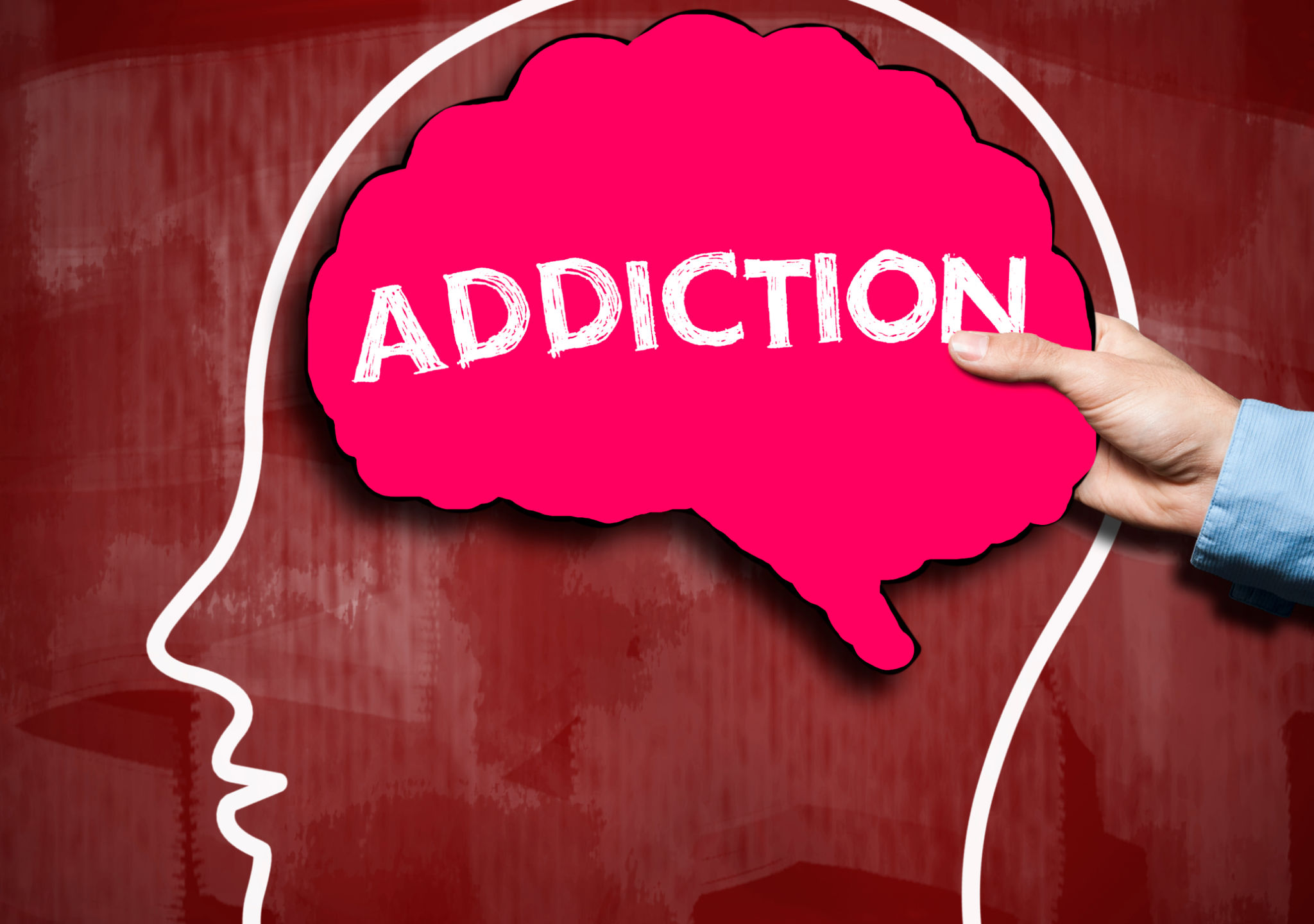Inside the Addicted Brain: How Addiction Hijacks the Mind—And How Solution Focused Hypnotherapy Can Help
Addiction is a powerful and complex condition that affects millions worldwide.
Whether it’s alcohol, nicotine, opioids, or stimulants, addiction changes the brain in ways that make quitting feel impossible—despite the often devastating consequences.
Thankfully, advances in neuroscience are helping us understand addiction not as a moral failing, but as a chronic, relapsing brain disorder involving changes at the molecular, cellular, and neurocircuitry levels. This scientific understanding is now informing therapies that work with the brain, not against it—including the empowering and future-focused approach of Solution Focused Hypnotherapy (SFH).
In this article, we’ll explore how addiction affects the brain, and how SFH can support recovery by promoting neuroplasticity, restoring control, and helping people reconnect with their strengths, resources, and preferred future.
Addiction and the Brain: A Neuroscience Overview

Hijacking the Reward System
At the heart of addiction lies the mesolimbic dopamine system—a circuit that evolved to reinforce life-sustaining behaviors like eating and social connection. Drugs of abuse hijack this system, triggering massive dopamine surges that the brain learns to repeat.
Over time, the brain adapts:
Tolerance builds as dopamine receptors become less responsive.
Withdrawal symptoms emerge when the drug is absent.
DeltaFosB and CREB, transcription factors in the brain, begin to alter gene expression, embedding the addictive cycle at a cellular level.
These changes mean that people eventually don’t use drugs to feel good—they use them to stop feeling bad.
The Path to Compulsion
Addiction also impairs the brain’s prefrontal cortex, responsible for decision-making, impulse control, and long-term thinking. Meanwhile, the amygdala, hippocampus, and insula—regions involved in emotion and memory—become hypersensitive to stress and drug-related cues.
Eventually, the drive to seek the drug becomes compulsive. Natural rewards lose their appeal. Rational thought is overpowered by conditioned responses and emotional triggers. This is the devastating shift from voluntary use to addiction.
How Solution Focused Hypnotherapy Supports Recovery
Understanding addiction as a brain-based condition helps us tailor approaches that engage the brain’s natural ability to change—also known as neuroplasticity. This is where Solution Focused Hypnotherapy (SFH) offers unique and effective tools.
SFH blends neuroscience, solution-focused conversation, and clinical hypnosis to help clients move from surviving to thriving.

Let’s explore how.
1. Rebuilding the Prefrontal Cortex: Focus on What’s Working
In addiction, the prefrontal cortex—the brain’s “CEO”—becomes less active. People find it hard to make rational decisions, regulate emotions, or resist urges.
SFH actively engages the prefrontal cortex through solution-focused questioning. By asking:
“What’s been better?”
“How did you cope?”
“What will be the first sign things are improving?”
...clients are gently encouraged to reflect, imagine, and plan. This builds cognitive flexibility and future orientation, both associated with increased prefrontal activity.
The process helps individuals reconnect with a sense of agency—reminding them that they can make choices and move forward, one small step at a time.
2. Calming the Limbic System: Hypnosis Reduces Stress and Craving
The brain’s limbic system, particularly the amygdala and extended stress circuits, become hyper-reactive in addiction. This fuels anxiety, emotional distress, and the urge to use substances as a form of escape.
The deep relaxation and focused attention of the hypnotic state help reduce the arousal of these stress systems. In hypnosis, brain waves slow, the default mode network becomes less active, and the client can access a calm, imaginative state.
Over time, this state of calm becomes neurologically reinforced—so that the client learns to regulate stress without reaching for their substance of choice.
3. Promoting Neuroplasticity: Imagining a Preferred Future
One of the most powerful techniques in SFH is the Miracle Question:
“If a miracle happened overnight and your life was how you want it to be, what would be different?”
This is more than a hopeful question—it’s a neurological intervention.
Imagining positive change activates the same neural pathways as actually experiencing it. Visualization, especially in hypnosis, strengthens new patterns of thought and behavior. Repeated focus on goals and successes leads to “use-dependent” brain change—rewiring the brain away from old triggers and toward new habits.
4. Reconnecting to Strengths: Identity Beyond Addiction
Addiction can consume a person’s identity. SFH offers a strengths-based, non-pathologizing alternative. Instead of focusing on what’s wrong, we ask:
“When were you at your best?”
“How have you overcome challenges before?”
“What do you value most about yourself?”
This restores a sense of self beyond the addiction. The client begins to build a story not of illness, but of resilience, courage, and growth.
This narrative shift has profound neurological effects, influencing memory, motivation, and the likelihood of sustained recovery.
5. Working With the Brain’s Natural Systems
Unlike traditional “problem-focused” models, SFH works with the brain's solution-seeking tendencies. Every session strengthens:
Hope circuits in the brain.
The capacity for delayed gratification.
Internal reward systems based on real achievement and self-care.
Crucially, it avoids reinforcing the trauma, guilt, or shame circuits so often activated in people with a history of addiction.

Conclusion: Science Meets Compassion
Addiction is not a choice—it’s a disease of the brain. But it’s also a condition that can heal, especially when therapeutic approaches align with what neuroscience teaches us.
Solution Focused Hypnotherapy offers a hopeful, evidence-informed way forward. By calming the stress response, re-engaging the rational brain, and building a future-oriented mindset, SFH supports recovery not just as abstinence—but as the rediscovery of agency, purpose, and identity.
In a world where so many feel stuck in the grip of addiction, SFH reminds us that change is always possible—and the brain is always capable of healing.
